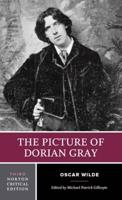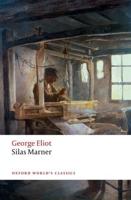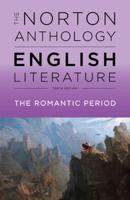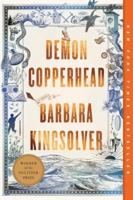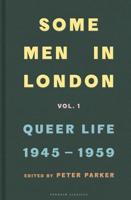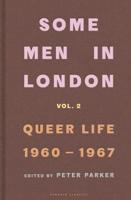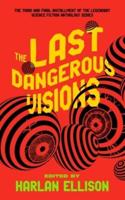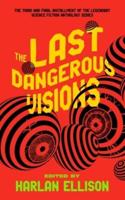Publisher's Synopsis
Fyodor Dostoevsky is celebrated as one of the most profound writers in world literature, known for his psychological insight, moral depth, and ability to capture the complexities of human nature. While his great novels such as Crime and Punishment and The Brothers Karamazov have cemented his legacy, his shorter works are equally rich in meaning and intrigue. The Dostoevsky Collection - Part 2 presents a selection of some of his most thought-provoking and stylistically diverse stories, showcasing his talent for exploring themes of guilt, fate, morality, and human absurdity.
This collection begins with The Wife of Another and a Husband Under the Bed, a humorous and satirical tale of mistaken identity, jealousy, and social embarrassment, highlighting Dostoevsky's lighter and more comedic side. In contrast, The Honest Thief is a deeply moving story of guilt, redemption, and human weakness, centered around an aging man's unexpected confession. Prohartchine paints a vivid portrait of an eccentric and miserly old clerk, blending comedy with tragedy in a critique of social alienation and economic struggle.
A Novel in Nine Letters is a fascinating early example of Dostoevsky's ability to experiment with form, presenting a darkly humorous exchange of letters between two acquaintances entangled in deception and financial ruin. The Little Hero, one of the few works written during Dostoevsky's imprisonment in Siberia, is a tender and introspective coming-of-age story, revealing his early exploration of love, innocence, and emotional awakening.
Bobok veers into the surreal and absurd, as a man overhears the conversations of the recently deceased at a cemetery, offering a darkly comic reflection on vanity, decay, and the afterlife. The collection concludes with The Confession of Stavrogin, an infamous and haunting chapter originally censored from Demons (The Possessed), in which the enigmatic Nikolai Stavrogin delivers a shocking personal revelation, plunging the reader into the depths of human depravity and moral ambiguity.
Together, these stories demonstrate Dostoevsky's incredible range as a writer-moving seamlessly between humor, tragedy, existential horror, and philosophical inquiry. Whether he is depicting the absurdities of social life, the torment of a guilty conscience, or the mysteries of the human soul, his work remains as compelling and relevant as ever.
This volume presents these stories in new translations, preserving the power and intensity of Dostoevsky's prose while making his timeless themes accessible to modern readers. The Dostoevsky Collection - Part 2 is an essential addition to any lover of classic literature, offering a glimpse into the mind of one of the greatest writers of all time.

